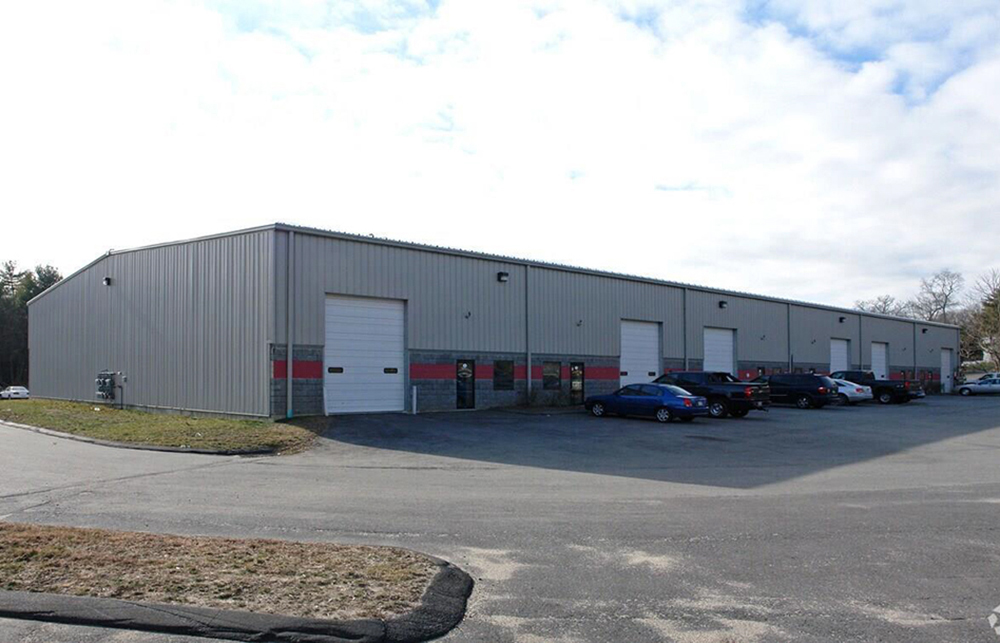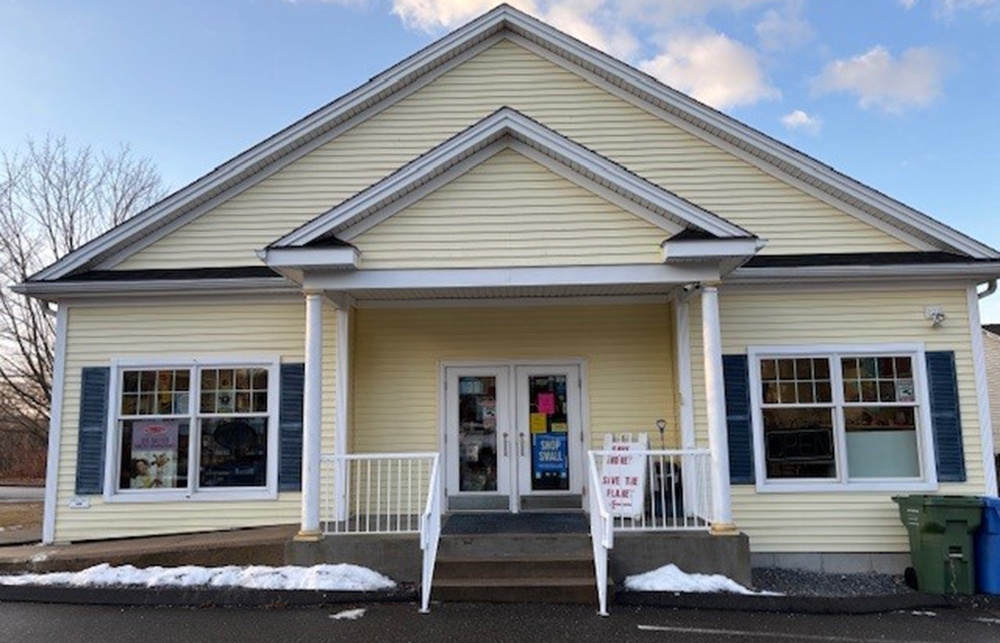Beckeman promoted to managing director, retail strategies at Wilder

Boston, MA Wilder, a national retail real estate leasing, management, and development firm, has promoted Bridget Beckeman to managing director, retail strategies.
Beckeman is responsible for coordinating and executing redevelopment and repositioning plans across the Wilder portfolio to address the changing retail climate. Wilder is at the forefront of transforming retail properties to mixed-use destinations. Beckeman’s experience in retail, office, and residential provides a vantage point to assess these redevelopment opportunities. Utilizing Wilder’s in-depth experience and the vast trove of consumer data now available, Beckeman’s team specializes in developing comprehensive long-term asset strategies that benefit both the community and Wilder’s partners and clients.
Currently, Beckeman is spending time on Arsenal Yards, Wilder and Boylston Properties’ $400 million mixed-use development in Greater Boston, in addition to Wilder’s newest assets in Pennsylvania and Maryland.
Joining Wilder in 2018, Bridget was previously with Jamestown, LP where she was responsible for the company’s New York City mixed-use portfolio, including Chelsea Market and One Times Sq. Prior to that, she was an analyst on J.P. Morgan’s Global Real Assets team.
Wilder principal, Tom Wilder said, “With Bridget’s expertise and creative thinking we are well situated to ensure our centers are properly positioned for future growth and to capitalize on an array of value-creation opportunities.”
RapDev leases 17,587 s/f at 501 Boylston St. - lease brokered by JLL


End of the year retail thoughts - by Carol Todreas

Newbury Street: Boston’s timeless retail gem thrives in a modern era - by Joseph Aquino
Boston’s iconic Newbury St. continues to thrive as one of the most vibrant and compelling retail corridors in the United States. Nestled in the heart of the Back Bay, this historic St. has evolved into a powerhouse of high-St. retail, where luxury meets lifestyle and legacy brands coexist with up-and-coming names. With its European charm, diverse architecture, and unmatched foot traffic, Newbury St. remains a dynamic reflection of Boston’s energy, culture, and economic strength.

Retail / tariffs / uncertainty and (still) opportunity - Carol Todreas
As new tariffs continue to impact the global economy, retail businesses and investors are grappling with heightened uncertainty. From new high tariffs to supply chain issues to evolving consumer behaviors, continual changes are making it as or more challenging than the pandemic years. Yet, amidst this turbulence,

Placemaking and retail in 2024 - by Carol Todreas
Placemaking. That is the word for 2024. While the concept has historical precedence in urban development, it became part of our current culture in the 1960’s when urbanists started to think about cities for people, not just cars.









.png)
